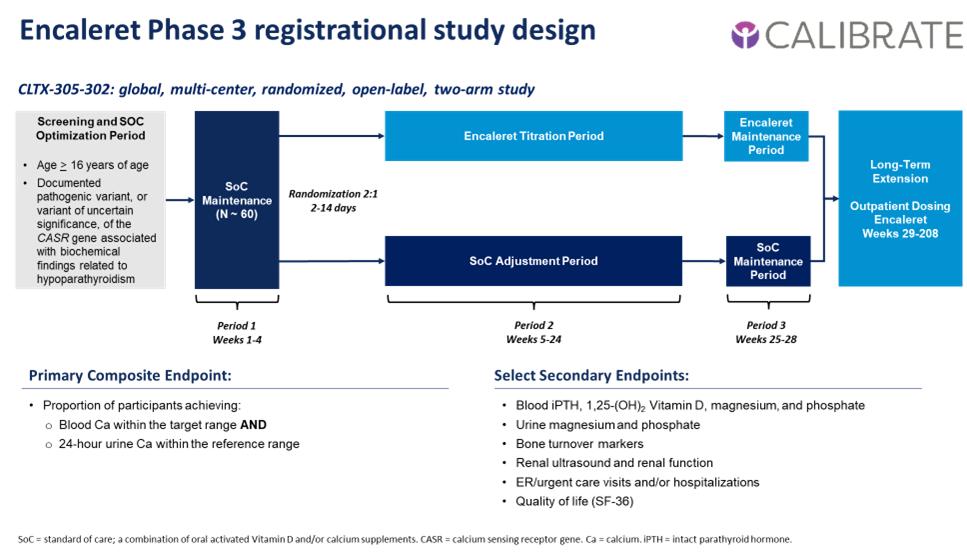MHRA Opens Consultation on External Control Arms Using Real-World Data

**MHRA Opens Consultation on External Control Arms Using Real-World Data**
The Medicines and Healthcare products Regulatory Agency (MHRA), the UK’s regulatory body for medicines and medical devices, has initiated a public consultation on the use of external control arms (ECAs) in clinical trials, leveraging real-world data (RWD). This move is part of an ongoing effort to modernize clinical trial methodologies and enhance the regulatory framework to better accommodate innovative approaches in drug development.
**Background and Rationale**
Traditionally, randomized controlled trials (RCTs) have been the gold standard for assessing the efficacy and safety of new therapies. However, RCTs can be resource-intensive, time-consuming, and sometimes ethically challenging, especially in rare diseases or conditions where withholding treatment from a control group is not feasible. ECAs, which use data from sources outside the trial, such as electronic health records, registries, or historical trial data, offer an alternative by providing a comparator group without the need for randomization.
The integration of RWD into clinical trials has gained traction as it can potentially accelerate the drug approval process, reduce costs, and provide insights into how treatments perform in real-world settings. The MHRA’s consultation seeks to establish clear guidelines and standards for the use of ECAs, ensuring that they provide reliable and robust evidence to support regulatory decisions.
**Key Areas of Consultation**
1. **Data Quality and Sources**: The consultation will address the criteria for selecting appropriate RWD sources, emphasizing the importance of data quality, relevance, and representativeness. The MHRA aims to define standards for data collection, management, and validation to ensure that ECAs provide a credible basis for comparison.
2. **Methodological Considerations**: The agency is interested in exploring statistical and methodological approaches for analyzing ECAs. This includes addressing potential biases, confounding factors, and ensuring that the results are generalizable and applicable to the target population.
3. **Regulatory Framework**: The consultation will consider how ECAs can be integrated into the existing regulatory framework, including the circumstances under which they may be acceptable as a substitute for traditional control arms. The MHRA will also explore how ECAs can be used in conjunction with other innovative trial designs.
4. **Ethical and Practical Implications**: The use of ECAs raises ethical considerations, particularly concerning patient consent and data privacy. The consultation will seek input on how to address these issues while maintaining public trust and ensuring patient safety.
5. **Stakeholder Engagement**: The MHRA is keen to gather insights from a wide range of stakeholders, including industry representatives, healthcare professionals, patient advocacy groups, and academic researchers. The consultation process will include public meetings, workshops, and opportunities for written submissions.
**Implications for the Future**
The outcomes of this consultation could have significant implications for the future of clinical research and drug development in the UK and beyond. By providing a framework for the use of ECAs, the MHRA aims to foster innovation while maintaining rigorous standards for evidence generation. This initiative aligns with broader global trends towards more flexible and adaptive regulatory approaches, as seen in initiatives by the U.S. Food and Drug Administration (FDA) and the European Medicines Agency (EMA).
The consultation represents a critical step in ensuring that the UK remains at the forefront of regulatory science, supporting the development of new therapies that meet the needs of patients and healthcare systems. Stakeholders are encouraged to participate actively in the consultation process, contributing their expertise and perspectives to shape the future of clinical trials and regulatory practice.